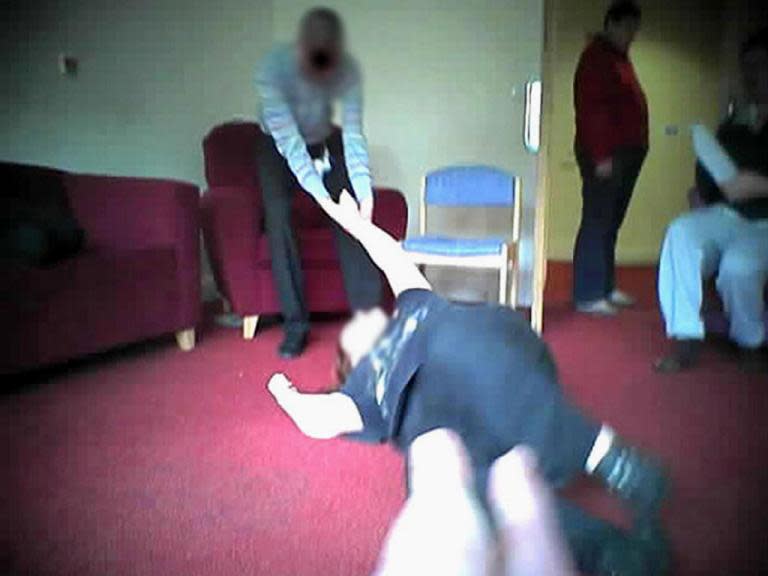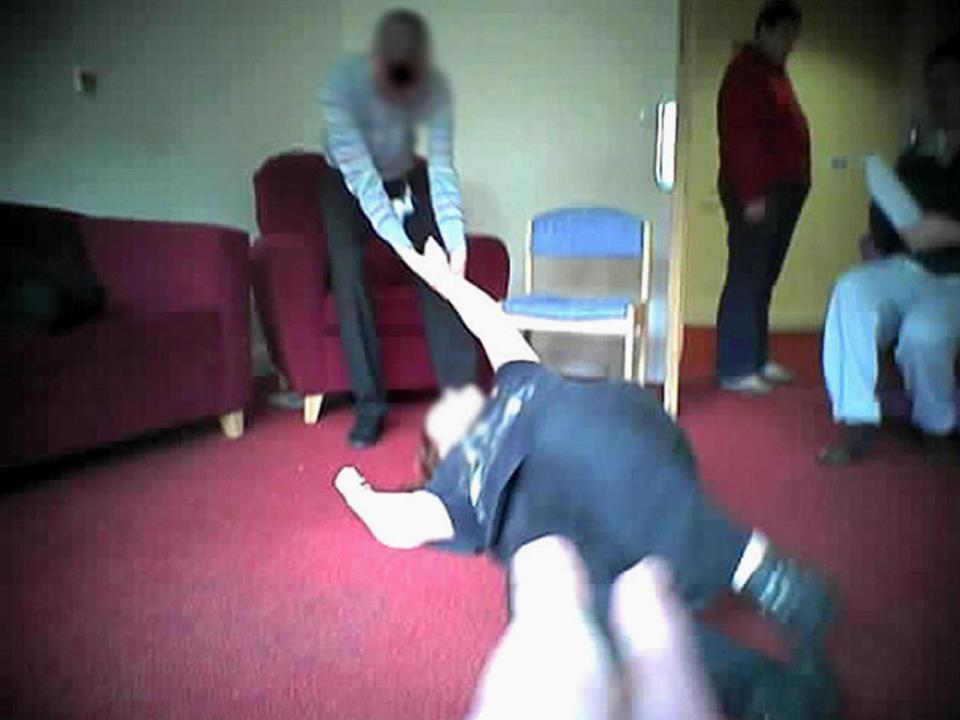Think torture only happens overseas? Just look at the degrading treatment of disabled people in Britain
We in Britain like to think torture is something that only happens in “other places”. You know, countries run by thugs who think human life is cheap and regularly prove it, before British ministers rock up to try and sell them weapons. Those bleeding hearts at the UN, why don’t they focus their attention on the world’s rotters, in fact, why don’t they try living there, see where that gets them?
That’s the bovine response you’ll usually get from mostly right wing politicians and commentators when people try to suggest that we’re not quite the paragons of virtue we like to portray ourselves as.
And we’re not. Paragons, that is. The UK will, over the next couple of days, face scrutiny over its record on torture and ill treatment at home and abroad before a UN panel in Geneva. A coalition of 80 civil society groups and experts have submitted evidence highlighting failures in both theatres, which has been compiled in a report by REDRESS, an organisation that seeks justice for torture victims.
I’m going to focus on just one, which provides a chilling example of how the “other places” I spoke of may be just around the corner from where you live.
There is an entire chapter in this report devoted to mistreatment in healthcare settings, which is where people deprived of their liberty under the Mental Health Act of 1983 usually find themselves. It cites a 2018 Care Quality Commission report showing a 36 per cent rise in the number of detentions under the legislation since 2010.
In addition, there were 5,175 people reported to be on a Community Treatment Order at the end of the year 2017-18. While not designed to deprive someone of their liberty, the conditions imposed by these can sometimes be even more restrictive than one might find in a hospital.
The government introduced the “Transforming Care Programme” with the aim of reducing the number of autistic and learning disabled people among their number following the scandal at Winterbourne View, a private care home. A television documentary revealed a pattern of serious abuse in 2011. Six “care” workers were given prison terms for “cruel, callous and degrading treatment”.
A second scandal erupted at The Priory, a private hospital, after “carers” were secretly filmed slapping and humiliating a brain damaged patient.
But despite the programme’s well intentioned launch, the report says that the number of detained learning disabled people in long term institutional care – if we can call it that – has barely moved, with the latest figure standing at 2,315.
One case that has attracted publicity, and justifiably so, is that of Bethany. Bethany is autistic and her father, with whom I have spoken in the past, says she can exhibit challenging behaviour. This isn’t unusual for people on the autism spectrum; with the right care, it can be managed. But with budgets under severe strain, and poorly trained care staff paid the minimum wage if they’re lucky, too many people aren’t getting anything like that.
Bethany is one of them. She lives in a small, bare cell with a plastic-covered mattress and a plastic-covered chair. When her father visits he has to kneel down and talk to her through a hatch. At one point she stabbed herself with a biro, which is quite understandable given her situation. How would you feel if you were locked in a tiny room with nothing to do for 24 hours a day, without having been convicted of any crime? No one removed the offending pen because the “risk assessment” judged it to be too dangerous for staff to enter the cell to do so. The risk to Bethany wasn’t apparently considered.
Her story is utterly heartbreaking, made all the more so by the fact that she remains confined despite the publicity the case has received, as various authorities dither and wring their hands. She is now suing them with assistance of the Equality & Human Rights Commission.
Yet as her father’s Twitter feed, “Bethany’s Dad”, notes, this is not just about Bethany. There are so many more like her. The cruel and degrading treatment they are receiving amounts to a form of torture. How else would you describe it?
Should the UN panel, which is reviewing the UK’s compliance with the UN’s torture convention, criticise the UK, you know what’s going to happen. Those politicians will huff and puff. Why aren’t they bothering North Korea, or Turkmenistan or Eritrea?
Bethany’s story – and those of the hundreds, perhaps even thousands, like her – is an example of why they are bothering with us, and why they should bother us. The torment being inflicted on people like Bethany isn’t happening in one of those countries we like to think we’re different from – it may very well be taking place at the care home or the hospital down the road.

 Yahoo News
Yahoo News 

